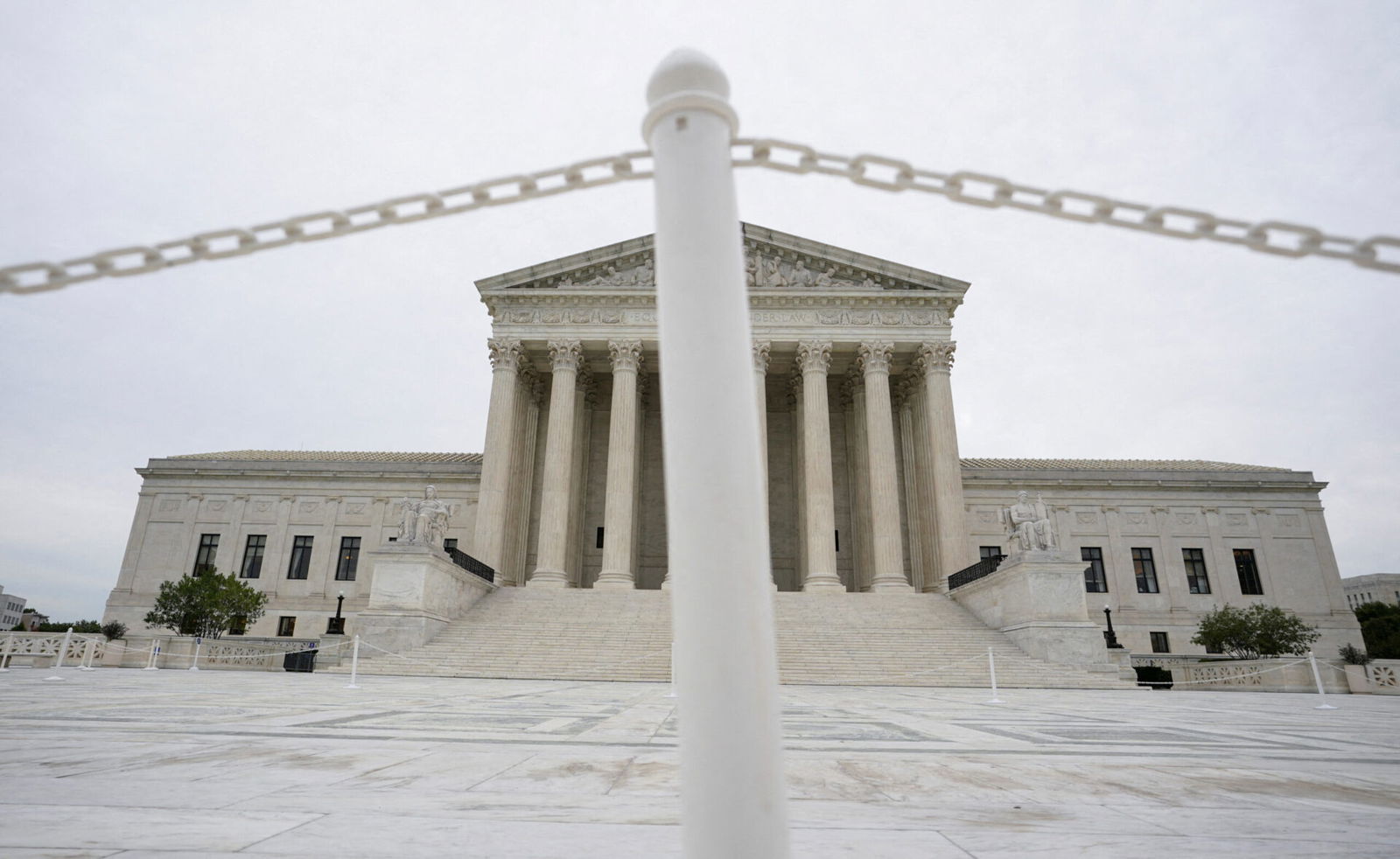
August 22, 2023
U.S. Supreme Court Asked to Hear High School Admissions Case Concerning Race
A parents group backed by a conservative legal organization asked the U.S. Supreme Court on Monday to consider whether an admissions policy aimed at diversifying an elite Virginia high school is racially discriminatory.
The case over how students are selected to attend Thomas Jefferson High School for Science & Technology came to the court two months after its conservative majority barred colleges and universities from considering race as a factor in admissions.
But unlike the higher education cases, the admissions policy adopted in 2020 by Virginia’s Fairfax County School Board for the state-chartered magnet high school was on its face race neutral.
The Alexandria-based school, known as TJ, often ranks among the best U.S. public high schools.
The board eliminated a standardized test from its admissions process, capped the number of students from each of the district’s middle schools and guaranteed seats for the top students from each.
After the overhaul, the share of Black and Hispanic students increased, but the percentage of Asian-American students fell to 54% from 73% in the first year.
A parents group called Coalition for TJ, whose members include Asian-Americans, sued, saying the policy was adopted with a racially discriminatory purpose in violation of the equal protection clause of the U.S. Constitution’s 14th Amendment.
In February 2022, U.S. District Judge Claude Hilton sided with the parents’ group lawyers at the libertarian Pacific Legal Foundation.
In May, however, the Richmond-based 4th U.S. Circuit Court of Appeals reversed him, saying the board did not intend to discriminate against Asian-Americans and had a legitimate interest in “expanding the array of student backgrounds.”
In Monday’s petition asking the Supreme Court to hear the case, the coalition’s lawyers said the court’s June decision ending affirmative action in college admissions “might mean little if schools could accomplish the same discriminatory result through race-neutral proxies.”
The school board’s lawyer did not immediately respond to a request for comment.
Last year the Supreme Court declined an emergency request to block its policy, though three conservative justices dissented.